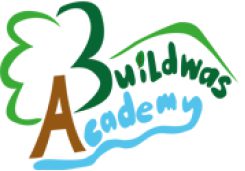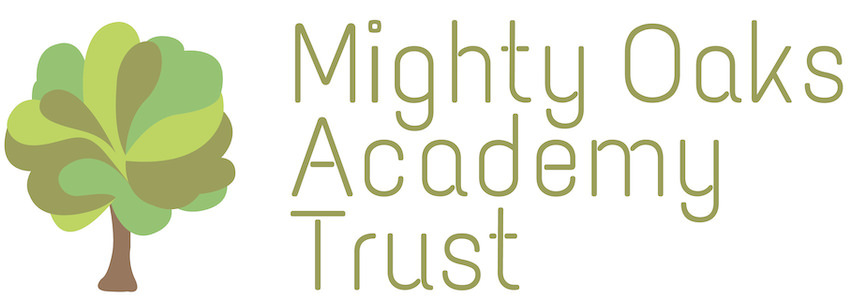Buildwas is an inclusive school which encourages all pupils to achieve their potential. Quality teaching is vital; however, for some children there are occasions when further additional support and targeted intervention programmes are needed to help them achieve their targets.
At Buildwas, we follow the SEND Code of Practice 2015: we assess the needs of individual children through the graduated approach (Assess, Plan, Do, Review) and work with external agencies as necessary. We identify the best way to support our pupils in the best way we can.
If you would like to apply for a place at Buildwas Academy and have a child with SEND, please contact us first. It is vital that we understand your child’s needs. We hope that speaking to us before you apply will give you a more informed understanding of our school community and how we help children with diverse needs achieve their potential
Please find below the most recent SEND Information Report and our SEND policy:
Please click here to navigate to the Shropshire ‘Local Offer’ for SEND.
If you have any questions about the support for your child in our school, please contact:
Mrs R Brewer becky.brewer@taw.org.uk – Special Education Needs & Disabilities Co-ordinator (SENDCo)
For pupils who are disabled and require e.g. wheelchair access, there is ramp access into the main school hall from the lower school site; and ramp access into the demountable classrooms on the upper school site. If visiting the school, please call prior to arriving so access can be arranged for you if necessary.

